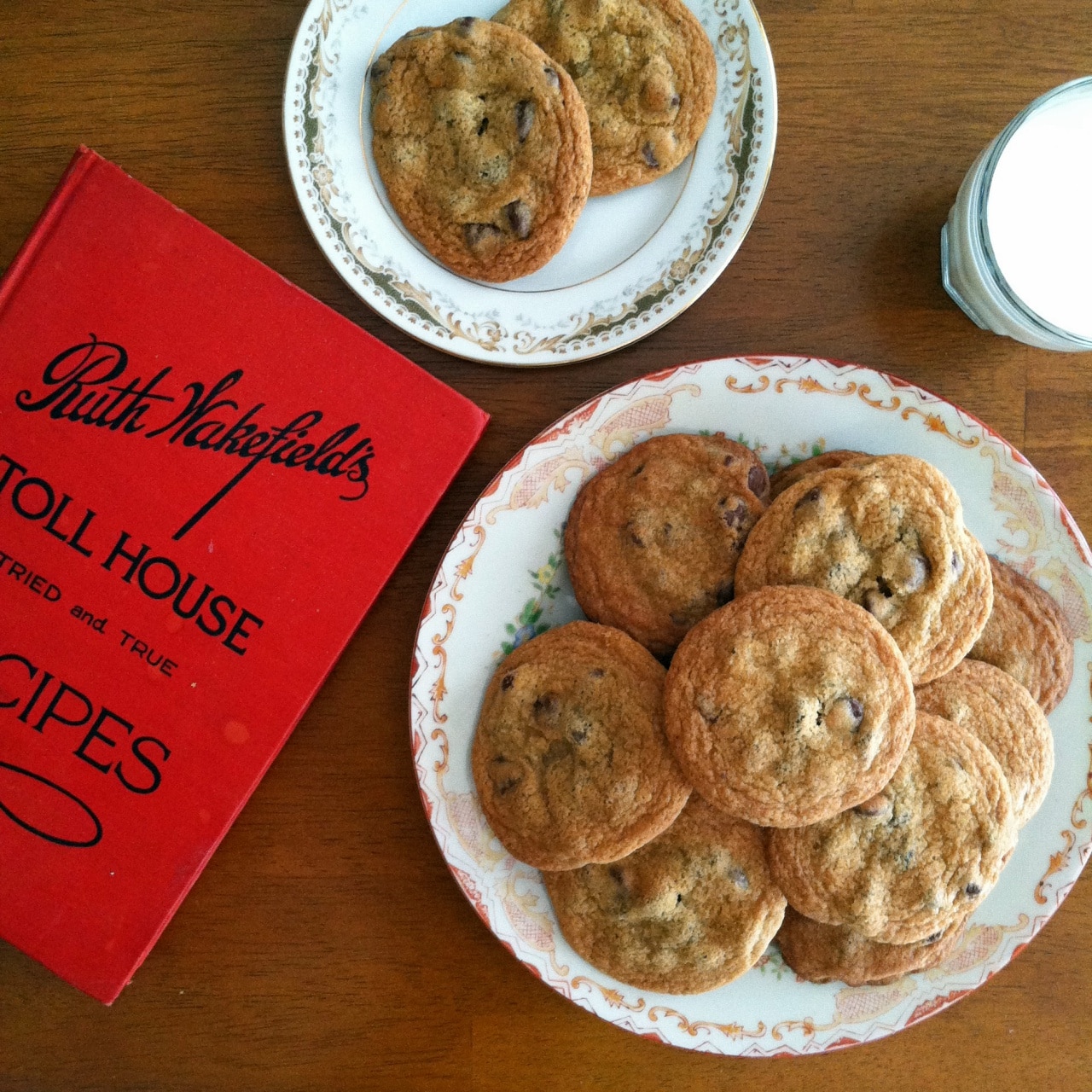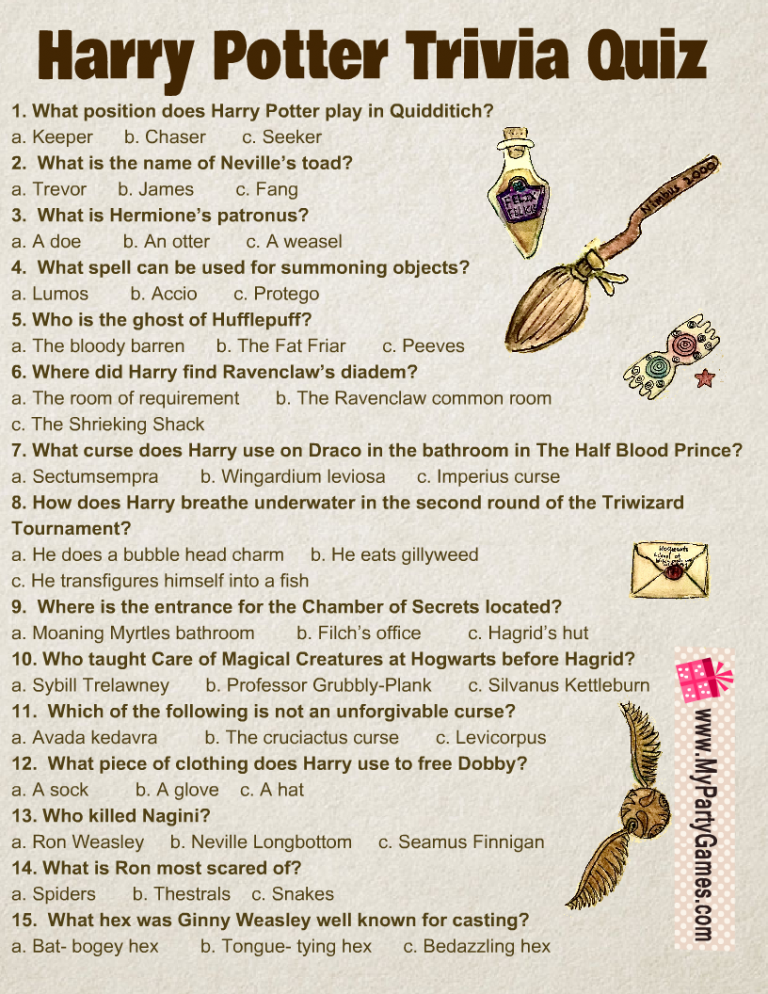Table Of Content

It turns out that almost every branch of the Usher family tree has been cut by violent horror. ” “No, not before,” he replies in one of the show’s many glimpses of Flanagan’s viciously dark sense of humor. (Poe had one too.) Roderick has been haunted by all his awful children who have shuffled off this mortal coil, and it’s because it feels like the ghosts are finally coming for him that he is ready to confess. He’s having visions of monstrous ghosts, including the recurring specter of Verna (Carla Gugino), a figure that connects most of these tall tales as a sort of vengeful force of karma, the devil come to take what she’s due from a man who profited off the pain of others.
Episode 7: “The Pit and the Pendulum”
Roderick’s dementia means his narration is frequently interrupted by sudden (and effectively spooky) hallucinations of his deceased progeny—melted by toxic waste, stabbed through the heart, or mauled by chimpanzees. We don’t get an even picture of all the Usher kids in the first episode, but we get enough to satisfy our curiosity. Camille is a publicity shark; Frederick is a bit of a doof whom the rest of the family calls “Frauderick”; Tamerlane is very loyal and hates Roderick’s current wife Juno (Ruth Codd). Even so, we know that they all have their own issues despite what looks like unwavering family loyalty. One of them isn’t so loyal, though, and it’ll be interesting to find out who that is.
'Fall of House of Usher' Review: Netflix Show Fights Rich, Real Ghouls - IndieWire
'Fall of House of Usher' Review: Netflix Show Fights Rich, Real Ghouls.
Posted: Thu, 12 Oct 2023 07:00:00 GMT [source]
Where to Watch
If you don’t, key details get repeated multiple times, especially in the first couple of episodes. The horror auteur uses his familiar acting troupe and the works of Edgar Allan Poe as the backdrop for an eight-episode takedown of an opioid-pushing family that somewhat resembles the Sacklers. The family is quickly seduced by the extravagant amenities—the food that appears on massive dining room table, the electricity that provides full illumination.
Episodes8
And collectively, they feel like part of a larger anthology drama, like a more literary, less aggro version of American Horror Story. In structuring his projects this way, Flanagan gets to keep telling stories season after season without having to worry about Netflix shutting him down, or even for any one particular idea to overstay its welcome. Each captures the chaotic conflict of a tortured violent psyche, and each works because the show takes the time to establish their characters and then lets us see their gradual mental collapse and demise. The first win belongs to T’Nia Miller as Victorine, the heart research scientist whose pursuit of a miracle medical technology drives her into complete psychosis. When it does, the result is a wondrously bloody, pitch-perfect display of the macabre.
Taylor Swift’s ‘Tortured Poets’ Becomes First Album to Get One Billion Streams on Spotify in a Single Week
As the episodes press forward, an aura of foreboding is infused throughout the scenes. Since the redeemable characters within the series are almost non-existent, watching the demise of the Ushers is nothing to be horrified about, but it is grisly nonetheless. Though the series’ title comes from only a single source, fans will already recognize that this is more of a hodgepodge.
Business
A stunning use of Poe’s work as the Cliffs Notes to his own majestic, intricate brand of storytelling, Flanagan’s “The Fall of the House of Usher” showcases what the 1% is willing to sacrifice to remain in high places. However, it’s also a reminder that while the powerful may delay settling a tab, debts must often be paid in blood when collection time comes — whether in one generation or the next. One of the most intriguing components of life is the realization that we all have a tab, and at one point or another, a bill will come due. The 1% who hold the majority of the wealth and influence globally typically don’t abide by these same rules. The upper echelons of society move through life seemingly without repercussions by leaching off the powerless.
mike flanagan
It’s important that Roderick and Madeline are cruel, selfish creatures—less so how they got that way. What’s more interesting is to watch how the fallout of their decisions fell on Roderick’s many children, all torn apart by some of Poe’s most memorable creations. Siblings Roderick and Madeline Usher have built a pharmaceutical company into an empire of wealth, privilege and power; however, secrets come to light when the heirs to the Usher dynasty sta...

Who Is Verna In ‘The Fall of the House of Usher’? The Secret Meaning Behind This Edgar Allan Poe Easter Egg
“The Fall of the House of Usher” Is All Over the Place - The New Republic
“The Fall of the House of Usher” Is All Over the Place.
Posted: Wed, 11 Oct 2023 07:00:00 GMT [source]
Flanagan finishes his Netflix contract on a high, gleefully capturing Poe’s magic, eerie romance and sense of dread. His shows have become the streaming service’s best offerings for spooky season, and it is hard to imagine how that void will be filled. It’s not perfect – the order in which the Poe family meet their fates is a case of diminishing returns, as its most intriguing members are dispatched too quickly. Some of the CGI, particularly one scene involving bodies falling from the sky, is unintentionally funny.
After all, hubris, like any of the fine products from the Roderick-run Fortunato, is a hell of a drug. Roderick has come from a miserable childhood with a puritanical, sickly mother who believes that “pain and suffering are the kiss of Jesus”. As a parent himself, Roderick doesn’t fare much better, having six children by five different women who range from obnoxious hedonists (Napoleon and Prospero Usher) to despicable creeps (Frederick, Tamerlane and Victoria) to obnoxious, despicable hedonist creeps (Camille). The family is made up of Flanagan’s regular ensemble of actors, and to buy them as relatives requires a lot of suspension of disbelief, but for Flanagan fans, there’s great fun to be had seeing how these favourites fit into his new tale of terror. Ruth Codd (the highlight of The Midnight Club) plays Roderick’s much younger wife Juno, a former heroin addict whose life was turned around thanks to the drugs the Ushers peddle, while Rahul Kohli, Henry Thomas and Kate Siegel each take on a dastardly member of the Usher brood. Alongside his favoured players is Mark Hamill as an unfeeling lawyer/fixer for the Usher family who sounds as if he gargles a pint of nails every morning.
It’s easily the most specifically topical of Flanagan’s Netflix minis, fueled by an often palpable anger. But that anger frequently gets in the way of the thematic richness that gave The Haunting of Hill House, The Haunting of Bly Manor and Midnight Mass their mournful charge. For eight hours, instead of rooting for people, you’re rooting for payback, leading to a satisfying, but surface-level experience.
But as we know from the start, there’s no point in getting overly attached to them, as grisly fates are assured for all. It’s not so much the “what” as the “why” that the audience and Dupin need to be answered. When one steps back and looks at the whole narrative of the season of “The Fall of the House of Usher,” it sags in places. Most of the flashbacks to a young Usher and Dupin are thin, especially compared to the wicked fun on display in the fates of the Usher children. It feels like padding to get episodes to a full hour when Flanagan and company could have leaned even more into the episodic structure that highlights a single Poe per chapter. However, it's an incredibly easy show to enjoy on an episode-by-episode basis, largely because Flanagan’s direction is sharp throughout, including excellent use of music and tight editing—some scenes are too underlit, but that’s just the Netflix brand nowadays, and I’m done fighting it.
There were some great moments — particularly when you learn the horrific ways that characters die — but it wasn’t clear how those different pieces fit together. Part of the problem is that there’s just a lot here; characters were being killed off before I even had a real sense of who they were and how they fit into the family. But after some time (for me, it was the fourth episode when things clicked), the scope of the show comes into focus and really hits its groove. Twin siblings Roderick (Bruce Greenwood) and Madeline (Mary McDonnell) Usher are sitting atop the Fortunato pharmaceutical company.
But the narrative mostly lacks the poetic sensibility and depth of feeling, the weight of profundity that makes Poe such a perennial favorite. Poe’s stories teem with shadows, with turgid, feverish imagery; they evoke the confused turbulence of nightmares, hallucinogens, and madness. The dreary moodiness of Flanagan’s Midnight Mass combined with the looming background ghosts of Hill House would have served this subject well, but instead the production opts for a boardroom sensibility. The gothic insertions from Poe feel forced and sanitized amid the halogencore vibes of our satirical family of squabbling billionaires. What’s more, the underlying reason for these deaths — the reason we spend eight episodes watching Usher and his family be stalked by Gugino’s Lady Death — turns out to be essentially Faustian, with everything spelled out and conveniently moralistic. There’s nothing of Poe’s lingering mysteries, the giant unresolved questions of internal motivations and dreamlike logic that hang over his stories and their subjects.
Like The Haunting of Bly Manor, the new show is a mash-up of the works of a particular author — in this case, Edgar Allan Poe. The framing device roughly follows the titular short story plot, as wealthy Roderick Usher (Bruce Greenwood) tells prosecutor C. It’s just a bonus if you understand the importance of ravens, or why Roderick and his sister Madeline (Mary McDonnell) will at times stare meaningfully at a basement’s brick wall. And some references are just Easter eggs, like Dupin being named after a recurring Poe character who is widely considered the protagonist of the earliest fictional detective stories. The title comes from Poe’s 1839 short story of the same name — but each of the eight episodes is jam-packed with adaptations and references to stories and poems from Poe’s entire body of work. It’s clear that the minds behind The Fall of the House of Usher brushed up on 19th-century literature.














